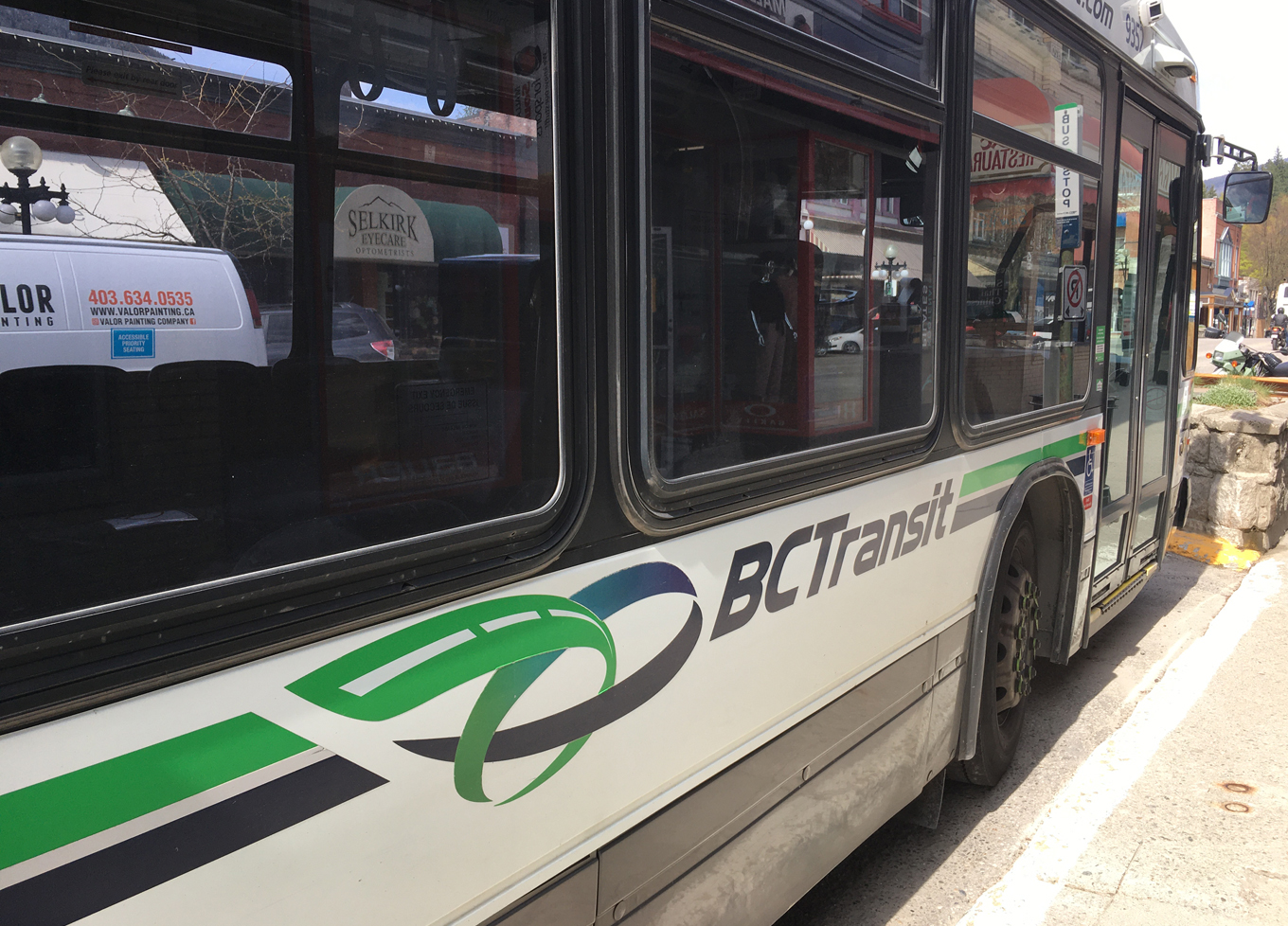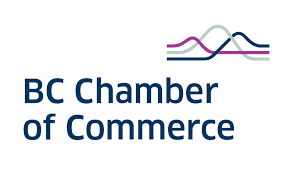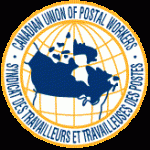New committee set up to strengthen responsiveness of transit governance
The connection between transit riders and the people who make the decisions has just been strengthened.
A new committee to improve governance of West Kootenay Transit has been created by the Regional District of Central Kootenay (RDCK), with the board of directors approving the West Transit Services Committee on Sept. 14 during its monthly board meeting.
The committee is expected to “improve the overall functioning of transit services in the RDCK, provide a platform for engagement between ridership and transit decision makers, and streamline decision making about transit funding and service improvements,” read a press release from RDCK staff.
RDCK research analyst Tom Dool said in his report to the board of directors that the committee includes the following services: Kootenay Lake West Transit (Nelson); Slocan Valley North Shore Transit; and Castlegar and Area Transit. The inaugural meeting of the committee will be held Wednesday, Oct. 4.
Need for change
Dool said early last year the need for changes to the governance of the three regional district services which fund West Kootenay Transit arose. In June this year a report from staff detailing the challenges with the current method of governance and proposing options to address those issues.
“The current governance structure does not engage most Regional District West Kootenay Transit funding service stakeholders at an appropriate time in the decision making process,” Dool said in his report in June.
An improper governance structure resulted in:
- delayed consideration of the 32 service options specified in the West Kootenay Transit future service plan;
- insufficient time and resources afforded the board for the development of values-based objectives for the public transit system;
- no formal venue for the engagement of transit stakeholders such as Selkirk College, seniors societies, and social service organizations; and
- detailed transit discussions regarding the apportionment and budgetary matters happen in a constrained fashion at the board because there is no other forum.
Governance for West Kootenay Transit was provided by the West Kootenay Transit Committee (WKTC), but the committee was not a budgetary decision making body and all recommendations from the committee that involved budgetary expenditures had to be approved by the respective boards and councils.
Because most of the committee work involved budgetary expenditure, items put before the committee were considered and recommended to the RDCK board where it was then reconsidered by transit service funding participants.
“These participants are often receiving the information, in an abbreviated fashion, for the first time,” Dool wrote in his report. “The service participants most affected by the recommendations of the WKTC do not have the opportunity to engage in a fulsome discussion of the recommendations prior to the WKTC seeking board approval.”
Source: RDCK agenda June 15



























Comments